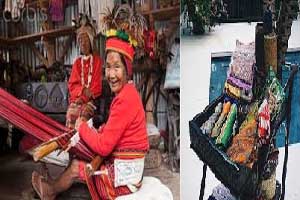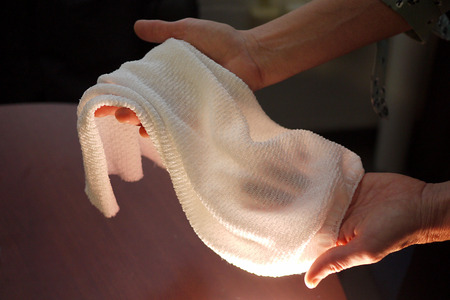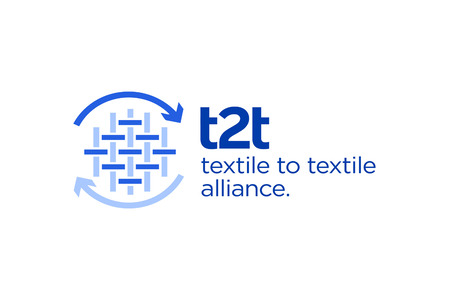
New training program of TESDA keeps Phil weaving tradition breathing
YarnsandFibers News Bureau 2015-11-17 17:00:00 – ManilaThe Technical Education and Skills Development Authority (TESDA) Director General Irene Isaac announced that the agency together with Philippine Textile Research Institute (PTRI) will start developing the curriculum for a training program for the handloom weaving industry. With the training program they aim to breathe fresh life into the weaving industry, seen as a sunset industry and at the same time providing a source of income to families.
Isaac said that through the project, competency standards for the handloom weaving industry will be developed. These will be used to enhance and upgrade the skills of handloom weavers.
A Memorandum of Agreement between TESDA and the Department of Science and Technology (DOST) was recently signed to implement the said project.
Aside from developing a curriculum on weaving, TESDA will also review and update existing training courses, outlines and training materials to align them with the Philippine Qualifications Framework (PQF).
PQF is a system for the recognition of qualifications based on standards of knowledge, skills and values acquired in different ways and methods by learners and workers in the country.
With more and more people learning the craft, it will also create a demand for local textiles, empowering its producers. It’s also about empowering artisans. Weavers are not mere factory workers, they are artists doing the skill they know by heart from their indigenous communities, Isaac said.
The TESDA chief said that promoting the arts and crafts of cultural communities and finding potential consumers for these in the local and international markets could help the communities earn a steady income.
The TESDA-DOST partnership came in the heels of calls by Senator Loren Legarda, a known advocate of Filipino woven products, to have a program wherein indigenous skills can be offered as courses through technical vocational training.
Legarda, who heads the Senate committee on cultural communities urged the development of traditional skills like hand weaving, embroidery, tabungaw-making, basket-weaving, pottery, and likewise present the economic opportunities that can be derived from acquiring or improving on such skills.
This kind of program will not only preserve cultural heritage but it will also provide indigenous peoples better employment and livelihood opportunities.
Market Intelligence
Ask for free sample Report

experience
Customer Base
dedicated team
Countries Served Worldwide









